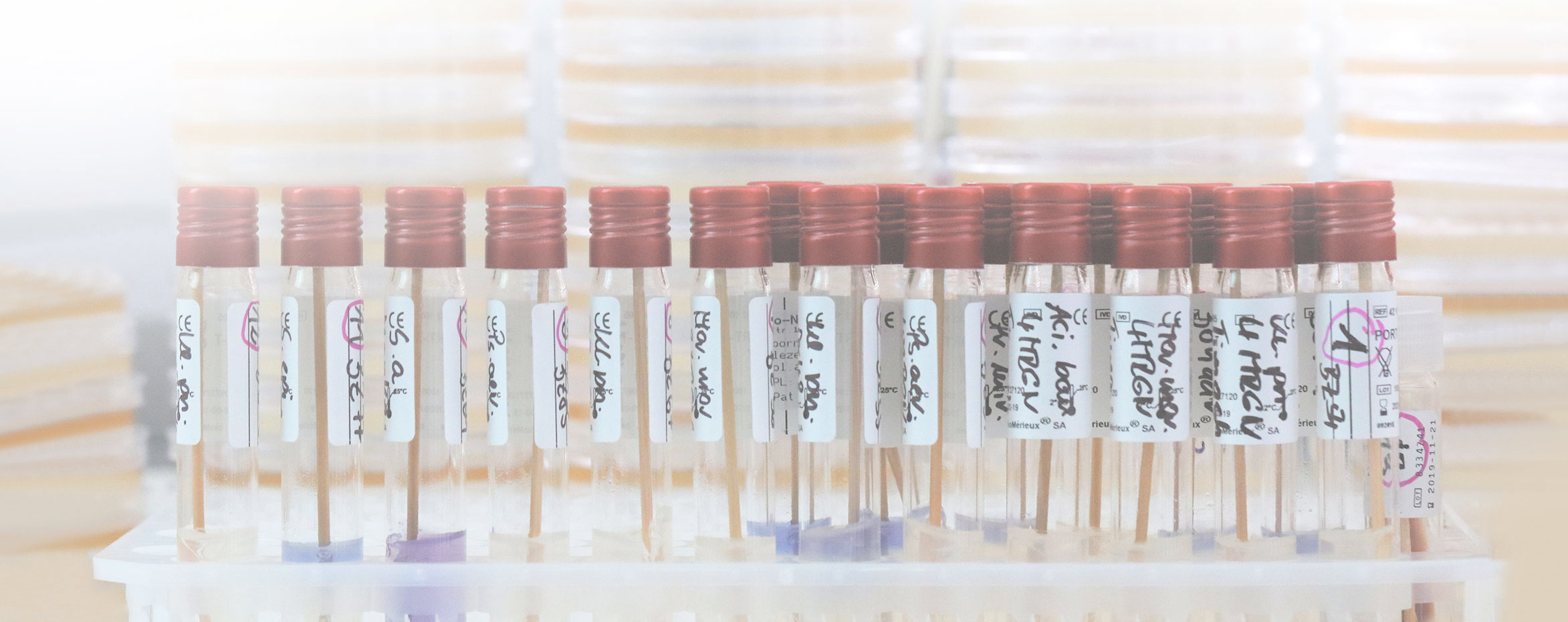The Innovation Committee of the Joint Federal Committee (g-BA) defines the priorities and criteria for the allocation of financial resources from the Innovation Fund in funding announcements and decides on the applications for funding received. The advisory structures, working methods and principles of the funding procedures are laid down in rules of procedure. These rules of procedure require the approval of the Federal Ministry of Health.
The overriding objective of the Innovation Fund is to further develop the quality of care in statutory health insurance. For this reason, all projects supported by the Innovation Fund must include a viable evaluation concept. This evaluation should provide findings that can be adopted by the Joint Federal Committee in its guidelines on the design of health care or can serve the legislator as a basis for structural changes in the legal framework.
In addition to the funded topics “Special care situations”, “Patient safety, quality assurance and promotion” and “Measurement of the quality of outcomes”, tenders were also invited for the topic “Development of care structures and concepts” and in this area for “Treatment options for resistance”. In this thematic area, research projects are to be funded that not only further analyse the causes of the increasing development of resistance, but also develop and apply targeted strategies and, if necessary, alternatives in order to counter this problem sustainably. Even though antibiotics, for example, are still regarded as the most effective remedy against bacterial infections, it is important to shed light on other ways and approaches to combat infections of bacterial origin against the background of advancing antibiotic resistance.
A promising possibility of another way and approach to combat infections of bacterial origin is the therapeutic use of bacteriophages (phages, viruses that exclusively attack and kill specific bacteria). Phage therapy is a form of therapy that has been known for 100 years and has not been able to establish itself in the Western world due to the discovery of antibiotics.
The project “Practicability testing of the magistral production of bacteriophages for the therapy of septic infections of the lower extremity (PhagoFlow)”, approved by the g-BA in August 2018 with the funding number 01VSF18049, is investigating whether today’s biopharmaceutical possibilities make it possible to prepare phage preparations in the hospital pharmacy individually tailored to the patient and in time for therapeutic use. The project focuses on wounds on arms and legs infected with multi-resistant pathogens. In the first phase of the project, phages were isolated from various sources, characterized and collected in a so-called phage bank. They are then produced in a biotechnological process in such a way that they can be made available in a purified form to the hospital pharmacy as pharmaceutical active ingredient components. The second phase of the project is aimed at the treatment of patients. First, pathogens from a patient’s wound material are typed for phage sensitivity, comparable to an antibiogram, and then a matching phage preparation is produced in the hospital pharmacy. The project will be funded for three years with a total of approximately 2.6 million euros.
The project should provide important insights into phage therapy as a supplement to classical antibiotic therapy, especially in cases where patients are infected with a multi-resistant pathogen. If successful, a German monograph will be written in cooperation with the Federal Institute for Drugs and Medical Devices (BfArM) for the production of phage and individualised phage therapy will be established as a service of the statutory health insurance.


